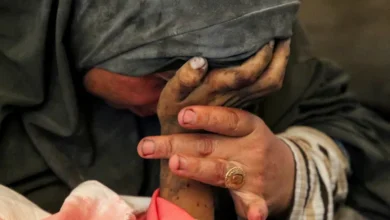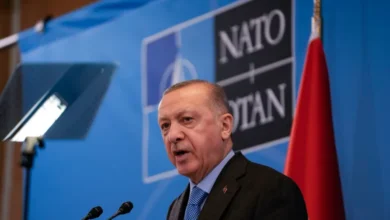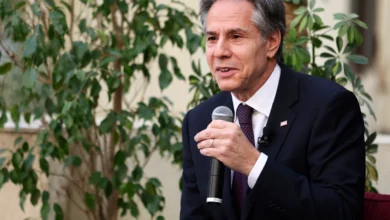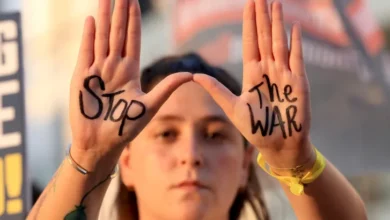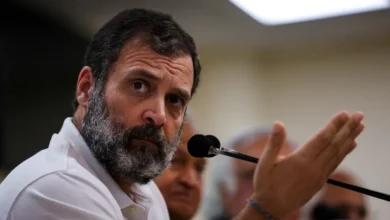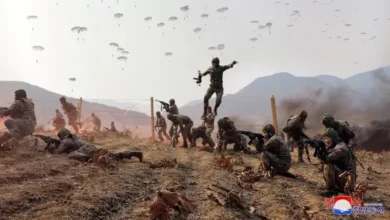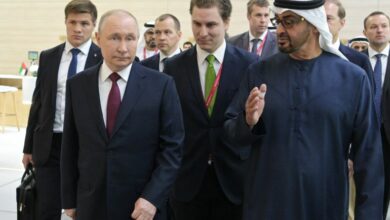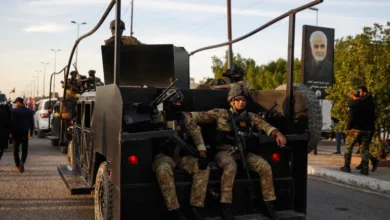Senegal elections: Why has President Macky Sall postponed voting?
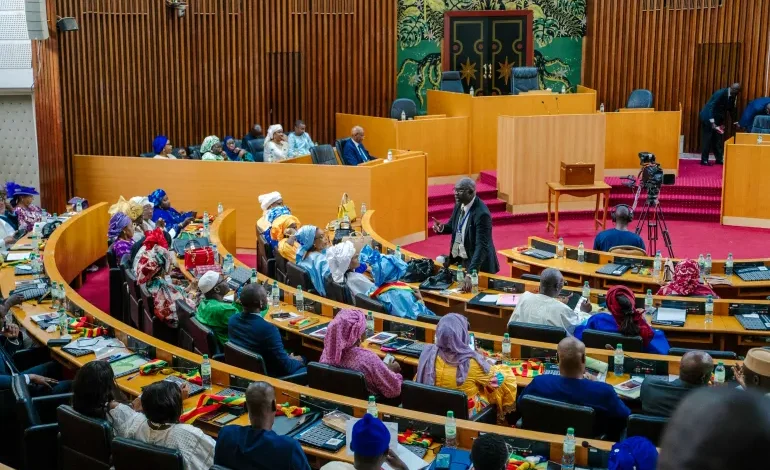
Last week, Senegal’s President Macky Sall unilaterally postponed presidential elections by several months just weeks before the planned date of February 25, sparking protests across a country already on edge from months of political tension. On Monday, the National Assembly descended into chaos as opposition members who tried to block a bill cementing the delay were arrested and policemen fired tear gas at protesters gathered outside.
Sall, who will end a two-term tenure on April 2, and who has stated that he would not run for a third term, said the postponement was necessary because of a dispute over the list of approved candidates for the elections. This is the first time polls have been postponed in the country. There is speculation that he has delayed the elections because he is not confident about the popularity of Prime Minister Amadou Ba, the candidate for Sall’s Benno Bokk Yakaar (BBY) coalition, who has been approved by the Constitutional Council. Ba’s office has not commented on the crisis.
Many Senegalese are unhappy with the postponement and believe Sall, who has been in office since 2012 and is no longer eligible to run himself, is trying to hold onto power for longer. Opposition parties have launched a legal challenge to reverse the delay.
Scores gathered to protest in the capital Dakar after Sall announced the shift, but they were forcefully dispersed by the police.
Here’s why voters in Senegal are sceptical, and what the delay means for the country.
Why was the vote postponed?
On February 3, after rumours appeared on Senegalese social media about a possible postponement, Sall announced in a televised speech that elections slated for February 25 would indeed be postponed.
The official campaign season was scheduled to kick off the next day – set to last from February 4 until the elections on February 25.
In his statement on Saturday, Sall said he would work to address issues that had arisen when a handful of prominent candidates were disqualified by the country’s Constitutional Council for not meeting set criteria. Questions around whether the council was discriminatory in their selection prompted lawmakers to launch a probe into the accreditation process in January.
Among those candidates who have been excluded is Karim Wade, a former minister and the son of former President Abdoulaye Wade, who was disqualified for having dual French and Senegalese citizenship – against the rules for candidates. Wade has lived in Qatar since 2016, when he was released from prison on a presidential pardon from Sall. He was serving a six-year term for corruption and has not attempted to return to the country since then.
Another popular candidate who has been excluded is Ousmane Sonko, arguably Sall’s greatest challenger. Sonko, who placed third in the 2019 elections and who has been the cause of much political tension in the past three years, was disqualified for having a criminal record after he was imprisoned on charges of “corrupting minors and inciting insurrection” in 2023. Sonko is still in detention.
Sall said he had signed a decree to annul the rules that require elections to be held after five years. Questions about whether the Constitution of Senegal allows for a president to effectively remove requirements to hold an election through a decree have arisen, but have not been clarified.
Sall also announced that he would instigate a “national dialogue” and take “reconciliation” measures to resolve the issues within the council without specifying what those steps would be.
“These troubled conditions could seriously undermine the credibility of the ballot by sowing the seeds of pre- and post-electoral disputes,” he said in the live address, adding again that he has no plans to run for a third term.
Does the president have the power to delay an election?
While some experts say the president does not have powers to postpone elections, Oumar Ba, a political scientist at Cornell University in the United States, said Sall’s changes do fall within the framework of existing policies.
“Note that he issued a decree that annulled the previous decree that had called on the voters to the polls on 25 February,” Ba said, adding that the actual postponement, as the president made clear in his address, was initiated by an opposition party within the National Assembly and consecrated by a vote there.
“To me, it is important to not lose sight of this institutional framework within which the moving parts of the crisis are operating. This, however, also shows that Sall’s claim that it is an institutional crisis that warrants the postponement is dubious. All the institutions seem to be operating as they were intended, so there is no institutional crisis.”

